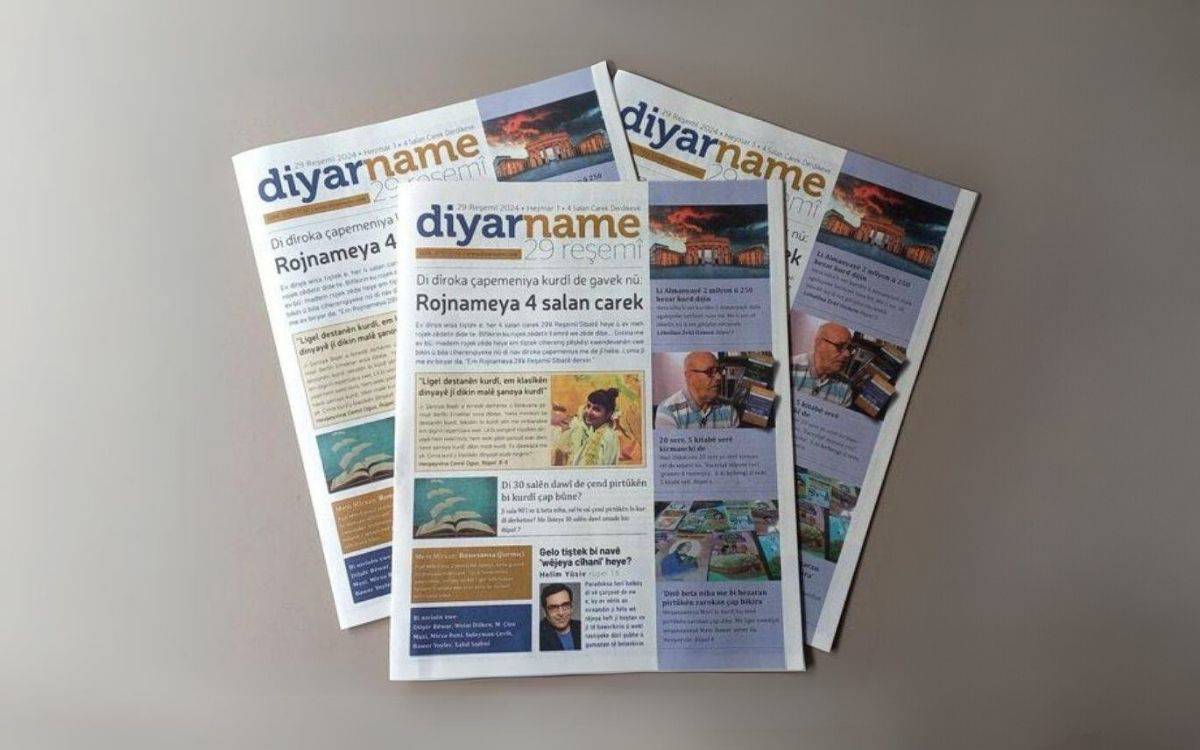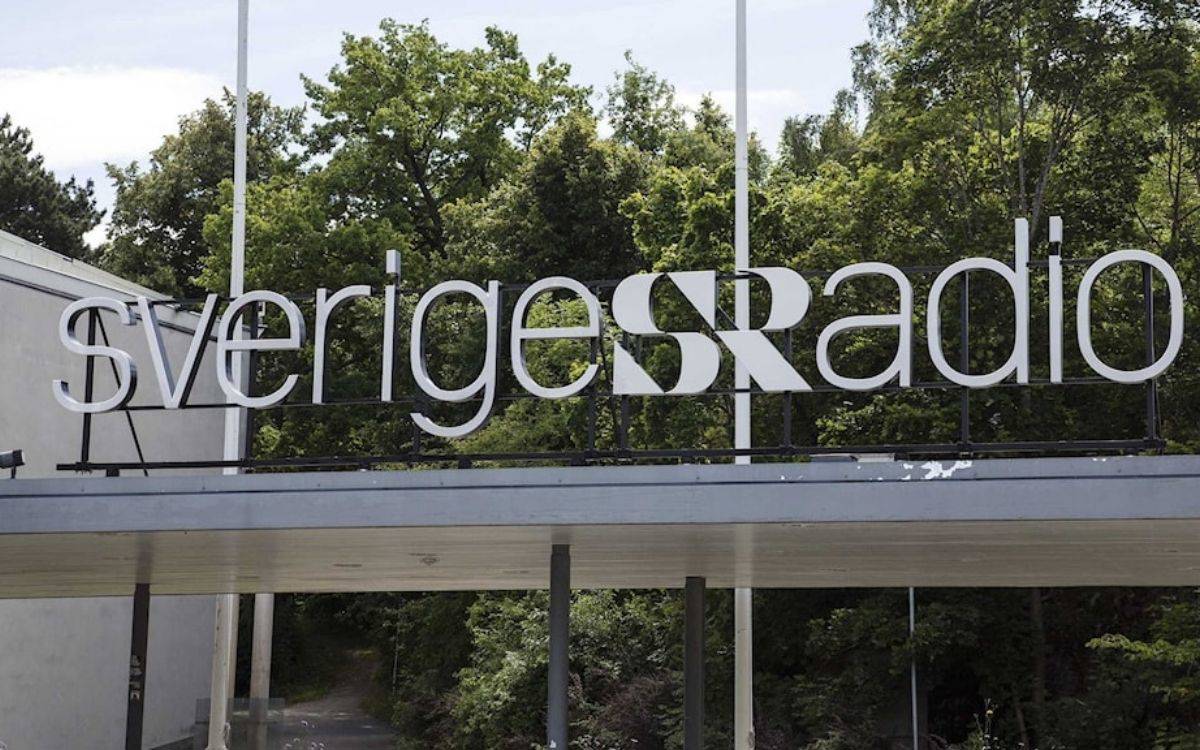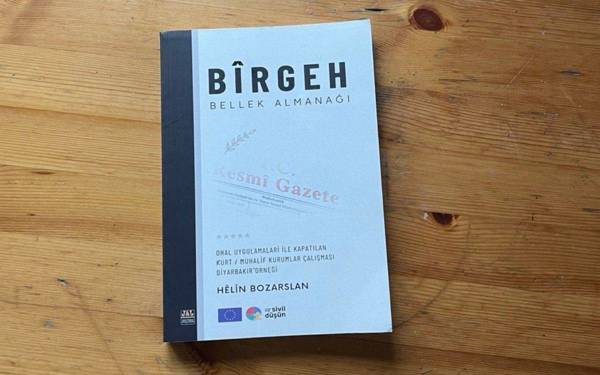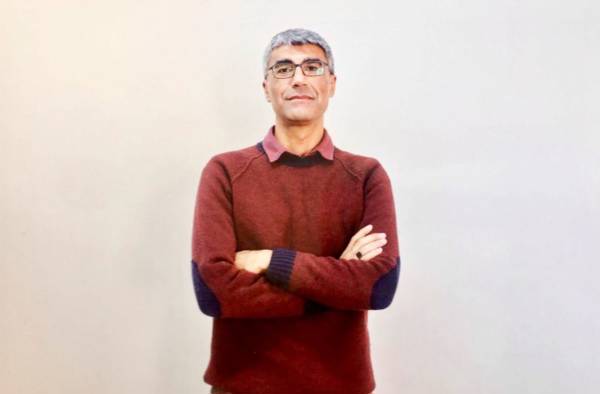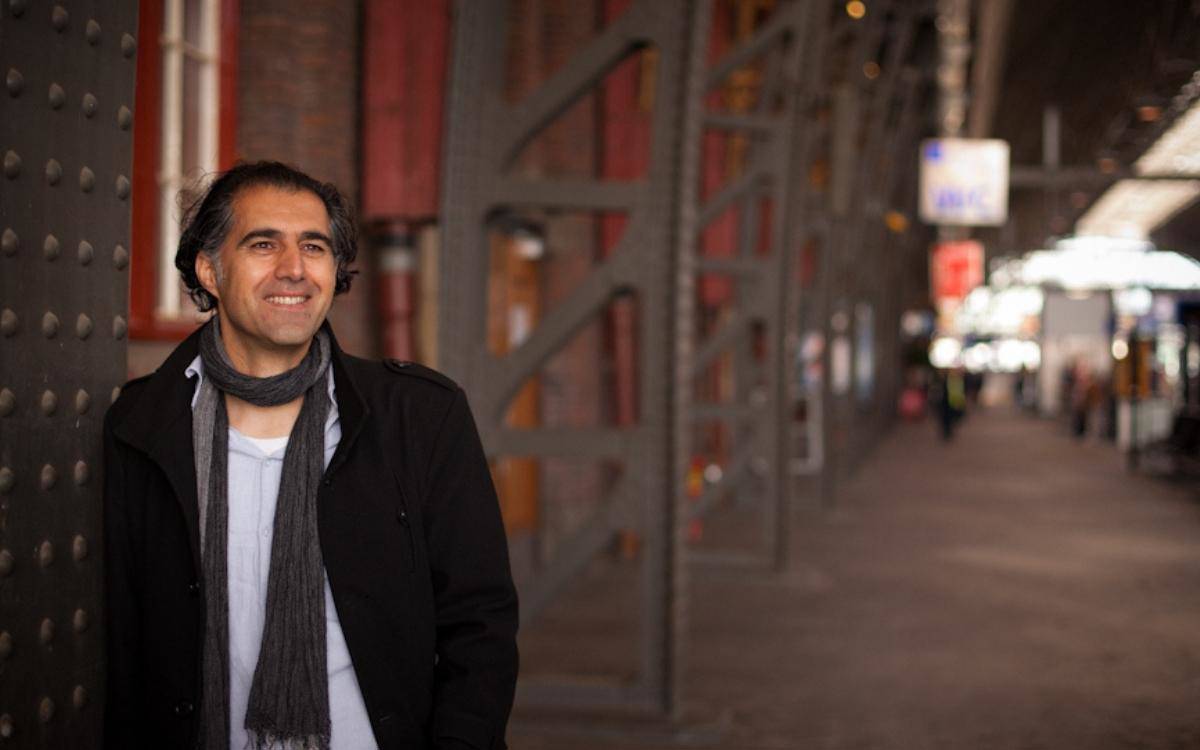Click to read the article in Turkish
The Kurdish issue, which began even before the establishment of the Republic of Turkey, has been approached at various times in history with strict security policies and, at other times, through relatively peaceful and democratic channels. The latest peace initiative was the "solution" process, which President Recep Tayyip Erdoğan referred to as "we put it in the refrigerator" in April 2016.
Undoubtedly, within the framework of the solution process, the core negotiations were the discussions that began in 2013 between PKK leader Abdullah Öcalan, PKK officials, HDP members, and the AKP government, known to the public as the "Imrali talks."
bianet spoke with Sırrı Süreyya Önder, an Istanbul MP from the Green Left Party who was part of the Imrali Delegation during the solution process, about the solution process, and about peace.
What is peace?
We began by reminding Önder of his words during one of the Kobani trial hearings, where he said, "I am busy thinking about why the solution process didn't work."
Istanbul MP Önder said, "First and foremost, I believe we need to take a deep look at the concept of 'peace.'"
"Without a doubt, one of the most magnificent words spoken about peace is by Spinoza. According to him, 'peace is not the absence of war; it is a virtue, a state of mind, a disposition for benevolence, trust, and nobility.' Peace is certainly not just the suspension of war. Yes, peace is a virtue, trust, and nobility, but it is not a disposition for benevolence. I do not describe myself as benevolent."
Struggle for peace cannot be for the sake of goodness
Önder emphasized that the struggle for peace cannot be done "for the sake of goodness," stating, "We advocate peace as a philosophy of life, as a virtue. There is nothing as simple as starting a war. We saw it in World War I; you pull the trigger, and the world ignites. Or, a psychopath like Hitler presses a button, and the world goes up in flames. The world has a hair-trigger. But what about peace? Why doesn't peace come when you take your hand off the trigger?" he asked.
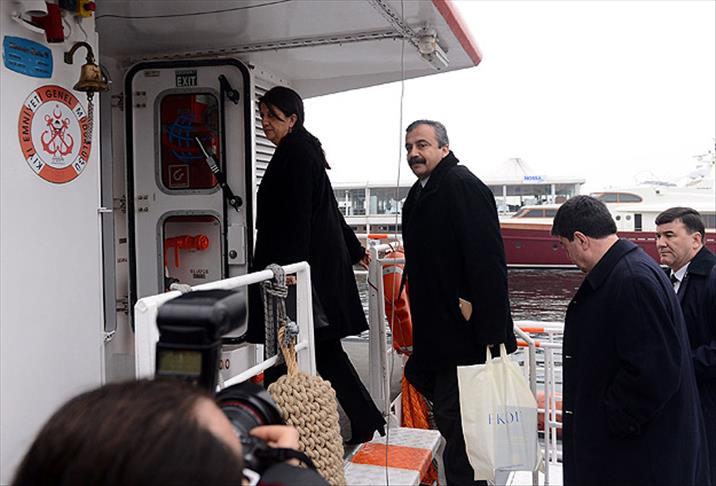
Imralı delegation members going to the island, Photo: Anadolu Agency
"Peace is not decreed"
"Here, we need to look at the historical background. Peace has been taught to us as a law imposed by the victor since the long centuries of the Roman Empire. The victor, the one who burns, oppresses, will issue a law, and it will be called peace. And that's what they called it: Pax Romana, Pax Ottomana. But this was not real peace, and it didn't work. The living history of oppressed peoples and classes bears witness to the fact that peace is not the decree of the victorious. Because peace is not decreed, it is not ordered."
"Peace is not a bandage applied to the head of the oppressed," said Önder. "Peace is not the spare tire of war. Most importantly, peace is not a break from war. It is not a comma in the middle of war. The ancients said it in vain: the hand that draws the sword cannot be held. Peace begins by breaking the swords. Peace is a virtue, a sacrifice, the convergence of free wills," he stated.
"There is no ability to govern without fighting"
Önder also said that we should look for the answer to why the process came to an end with the considerations above. He said, "I think I have emphasized enough in various media outlets the deficiencies on our part. The inability to socialize the demand for peace enough and effectively explain its vitality to the broader masses comes at the forefront. It would take pages to address the share on the part of the state. Still, I will tell you the most important thing that I see: the policy of war and uniformity is the basic form of governance in this country. The ability to govern without war, without fighting, is not present in Turkey throughout the history of the Republic."
The wasted ground
Önder also mentioned the commission established in the parliament during the peace process. He reminded that the opposition did not participate in the commission due to warnings of "legitimizing and recognizing Abdullah Öcalan." He believes that this commission could have been the insurance of the peace process, but he thinks this ground has been wasted. Önder, who thinks that involving social representations in the process was the thing that would put pressure on the government, says, "It is not difficult to predict that the government was very relieved when the commission became obsolete."
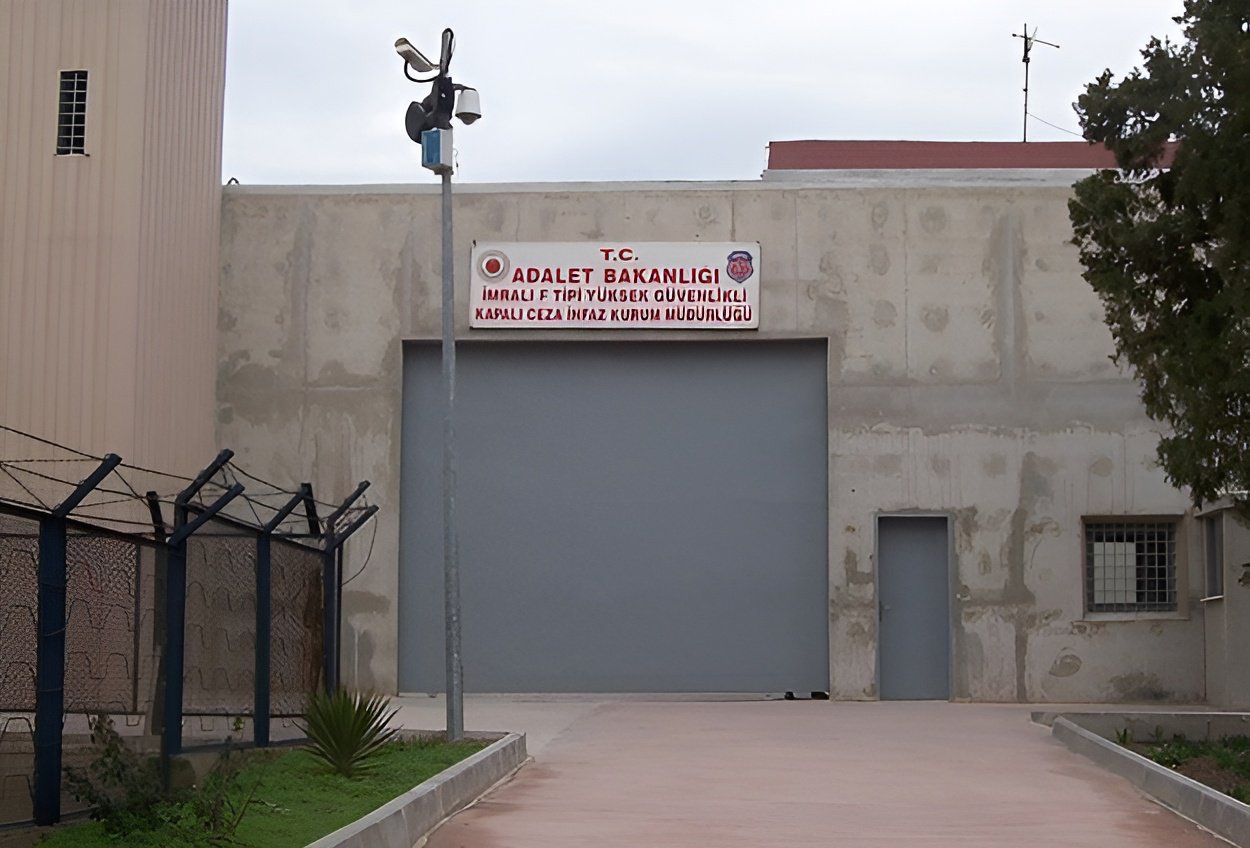
"First objection should be made to isolation"
There has not been any opportunity to meet with Abdullah Öcalan for a long time. Drawing attention to this situation, Önder said, "There is no war anywhere in the world that has lasted forever. Sooner or later, other mechanisms, say negotiations come into play. Unfortunately, extending this period and treating it only as a security issue does not yield any result other than increasing our social losses. The isolation imposed on Imralı is an indicator that this paradigm will not change in the short term. Anyone who wants peace should start their objection from here, and make an objecton to such isolation" he said.
Criticism of the opposition on "peace"
Önder stated that there is certainly hope for peace, saying, "The opposition needs to seek a solution as much as the government. However, we saw it in the elections; the parties were disciplining each other over the Kurdish issue. AKP represents 51% of Turkey, and the opposition represents the rest. The opposition should speak about a 'solution process' or 'peace'..."
Building a mindset for peace
Highlighting the importance of "building a mindset" for a possible peace, Önder said, "Whether we call it peace or a solution, it is the same; both require a mental construction, and we cannot reach anywhere unless minds are constructed. Building minds requires truth. People can make sacrifices and give up things for the sake of truth," he said.
"Conscientious courage"
Önder believes that what is needed to return to the path of peace is "Conscientious courage!"
He summarized what needs to be done for peace as follows: "My friends and I have always raised our hands for sacrifice. In this regard, we outdo Zoroaster. Zoroaster constantly passes through new paths, and learns a new language from every path he passes through. We also learned a new language. This language had two words: equality and future. There is no problem that cannot be solved when the dialectic of truth and the future is taken together. Equality is possible when the minds desire a permanent solution. Neither a duel nor a roulette!"
(NT/FD/PE)





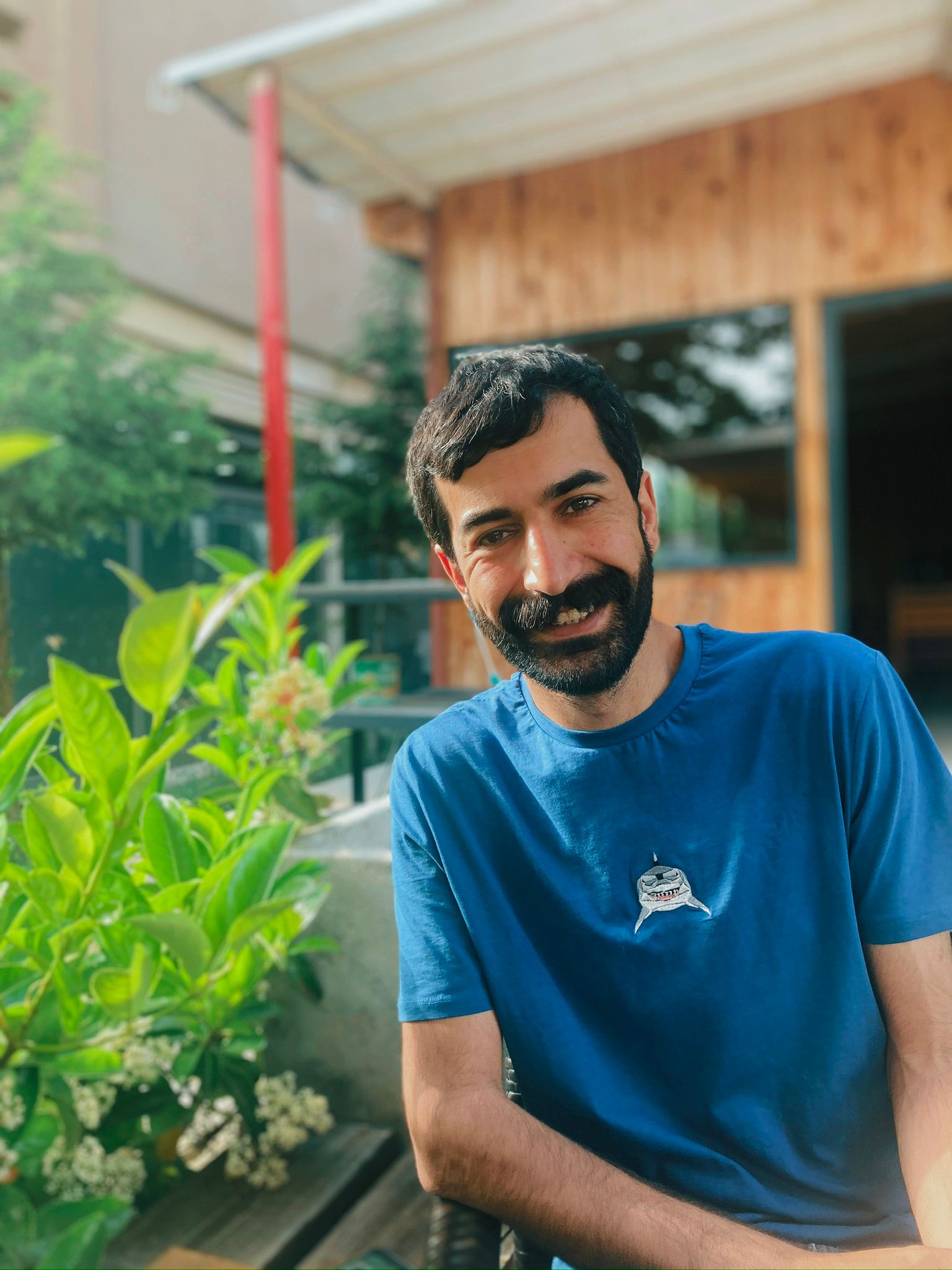
.jpg)
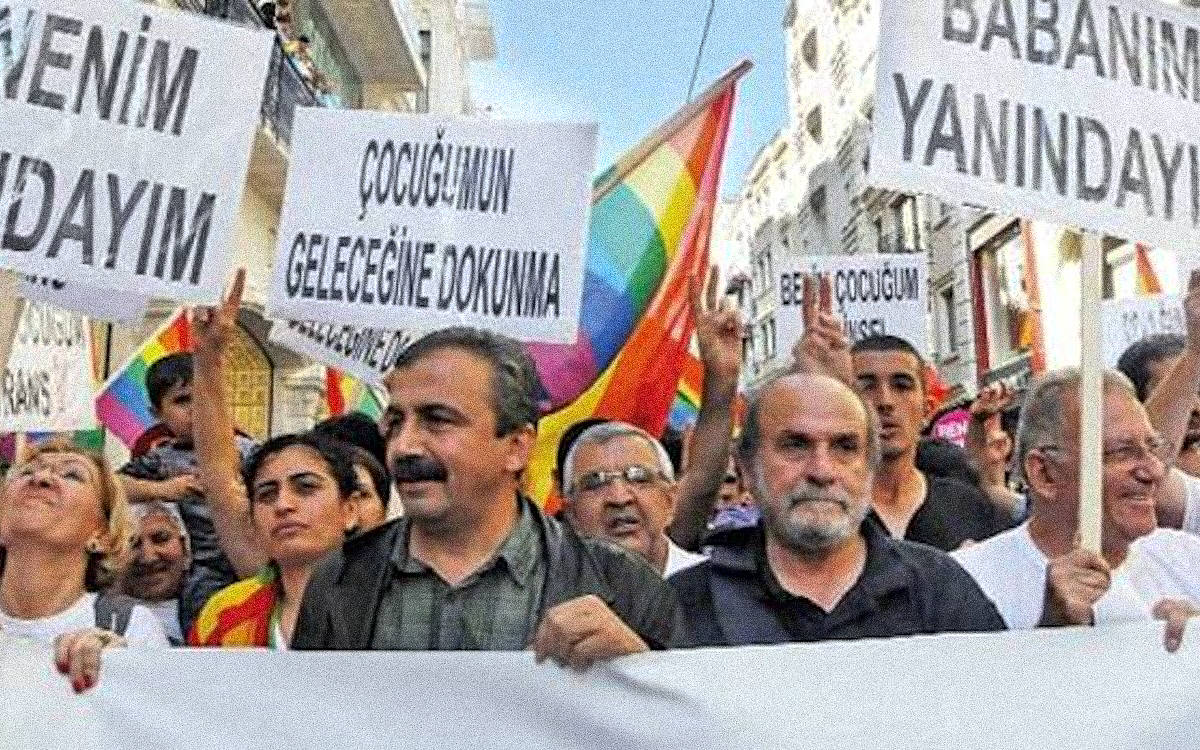
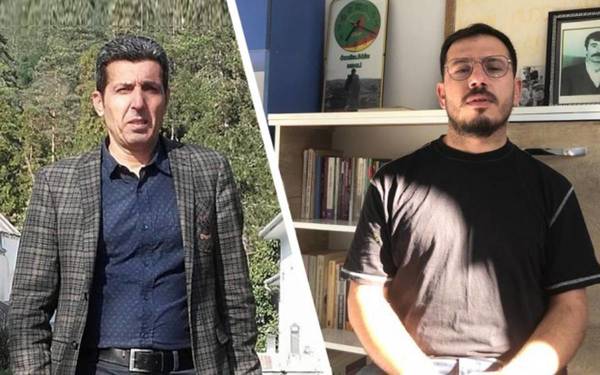
.jpg)
